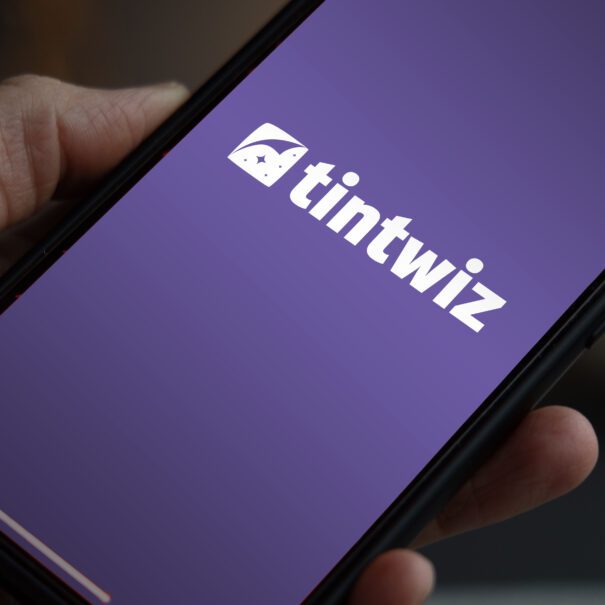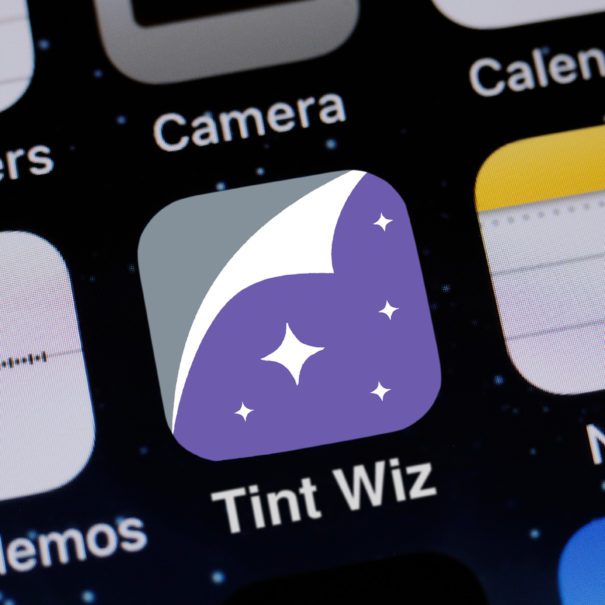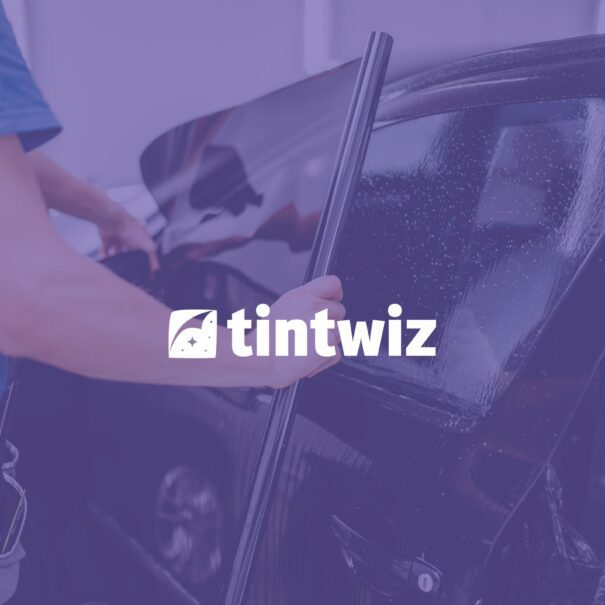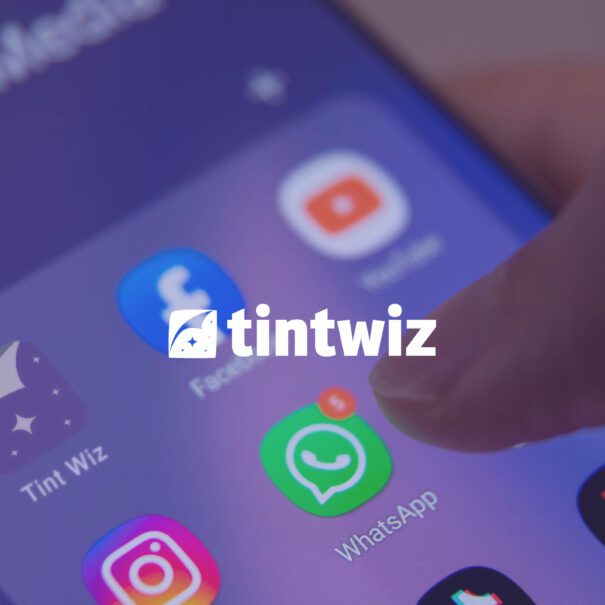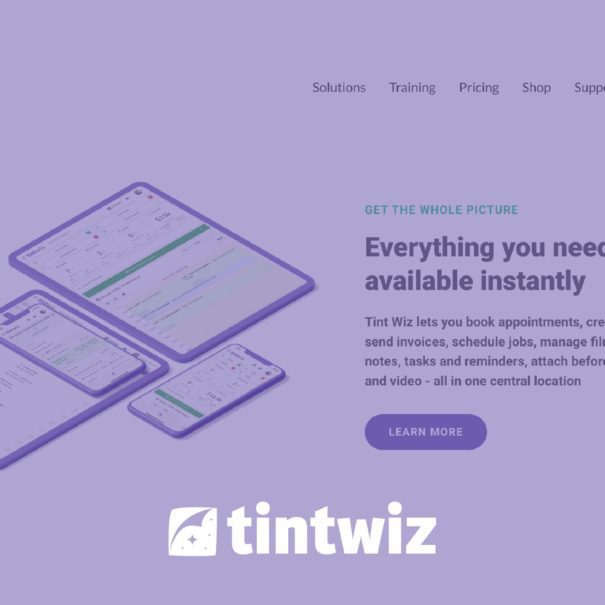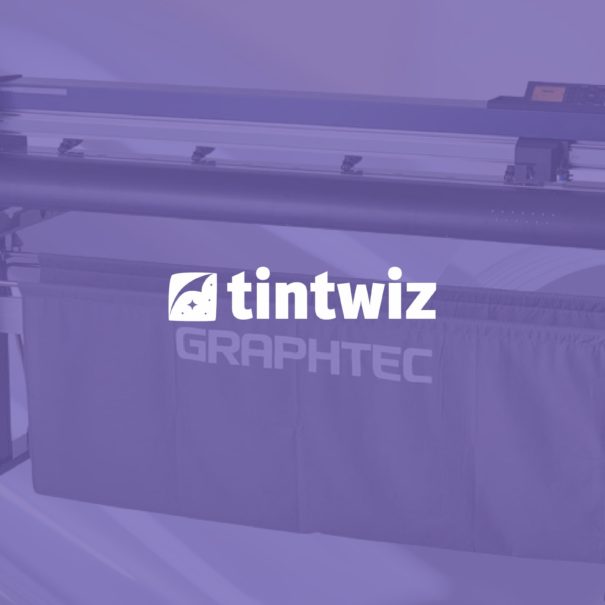Flat glass window tinting, an often-overlooked aspect of the window tinting industry, provides an excellent opportunity for diversifying and expanding your tinting business. Although automotive window tinting is a popular service, the demand for flat glass or architectural window tinting in residential and commercial properties is on the rise. By exploring this profitable niche, you can tap into new markets and broaden your client base, ultimately increasing your revenue.
In this article, we’ll delve deeper into the world of flat glass window tinting, examining its benefits and how it compares to automotive tinting. We’ll also address common concerns and provide insights on how to successfully integrate flat glass window tinting into your existing business. Whether you’re a seasoned window tinter or just starting, this comprehensive guide will help you make informed decisions and unlock the full potential of your tint business.
Table of contents
What is Flat Glass Window Tinting?
Flat glass window tinting, also referred to as architectural window tinting, is the process of applying specialized window films to flat glass surfaces found in residential and commercial buildings. This form of tinting serves a variety of purposes and offers numerous advantages, setting it apart from automotive tinting, which primarily targets vehicles’ windows.
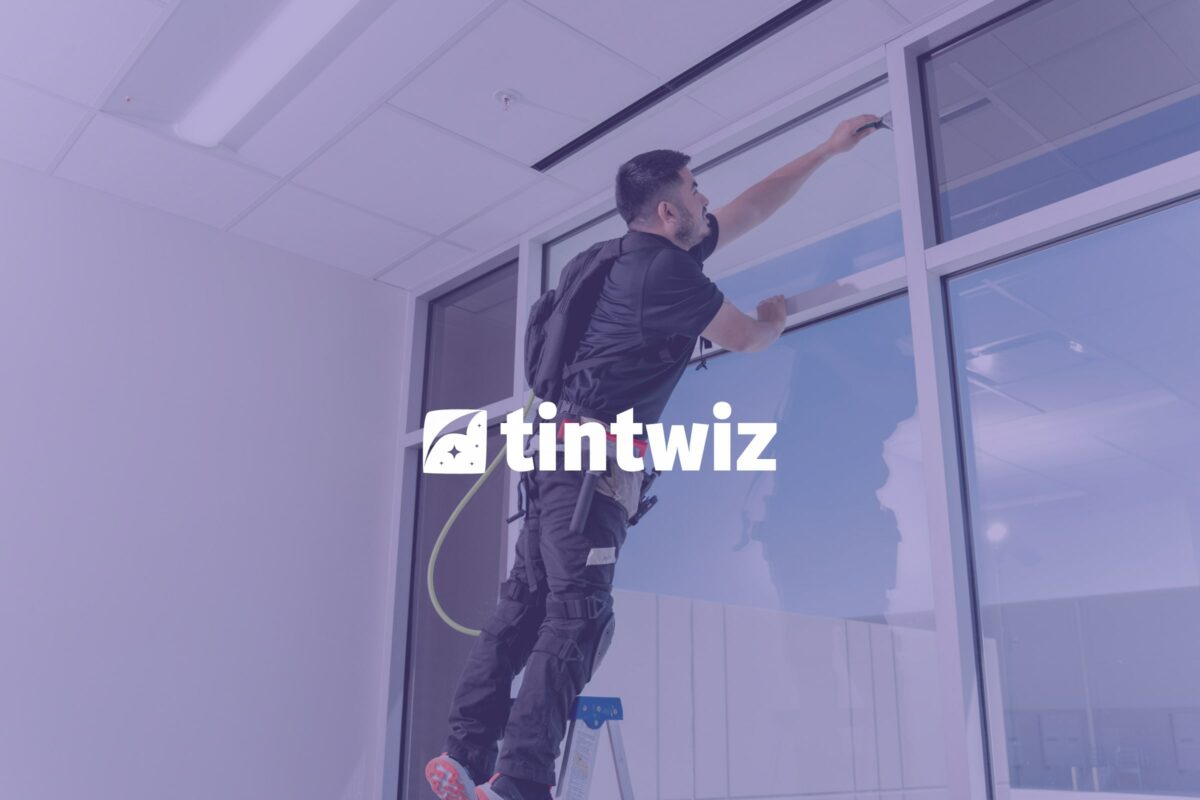
One of the primary benefits of flat glass window tinting is improved energy efficiency. By installing these films, building owners can reduce heat gain during hot weather, thus lowering the need for air conditioning and cutting down on energy costs.
Another advantage of flat glass window tinting is enhanced privacy. Certain types of window films can make it difficult for outsiders to see into a building while still allowing natural light to enter. This increased privacy is particularly desirable in residential settings and commercial spaces where confidentiality is crucial.
Glare reduction is an additional benefit provided by flat glass window tinting. By minimizing the glare caused by direct sunlight, window films can create a more comfortable environment for occupants, reducing eye strain and improving visibility on screens and devices.
Security window films add an extra layer of protection, reducing impact damage and enhancing the overall safety of the glass. Glare reduction creates a more comfortable environment, while fade reduction preserves the appearance of furnishings and flooring.
Flat glass window tinting protects both occupants and interiors from the harmful effects of ultraviolet (UV) rays. By blocking up to 99% of these damaging rays, window films can prevent skin damage and reduce the fading of furnishings, flooring, and artwork.
Why is Flat Glass Window Tinting a Good Business to Be In?
- Market Potential: Flat glass window tinting caters to a broader clientele, including homeowners, businesses, and commercial property owners. This untapped market offers excellent potential for growth and increased revenue.
- Differentiation: By diversifying into flat glass window tinting, you can set yourself apart from competitors who only offer automotive tinting services. This differentiation can help you attract new customers and create a unique selling proposition.
- Year-Round Business: Unlike automotive tinting, which might experience seasonal fluctuations, flat glass window tinting projects can be completed throughout the year. This consistency helps create a more stable income stream for your business.
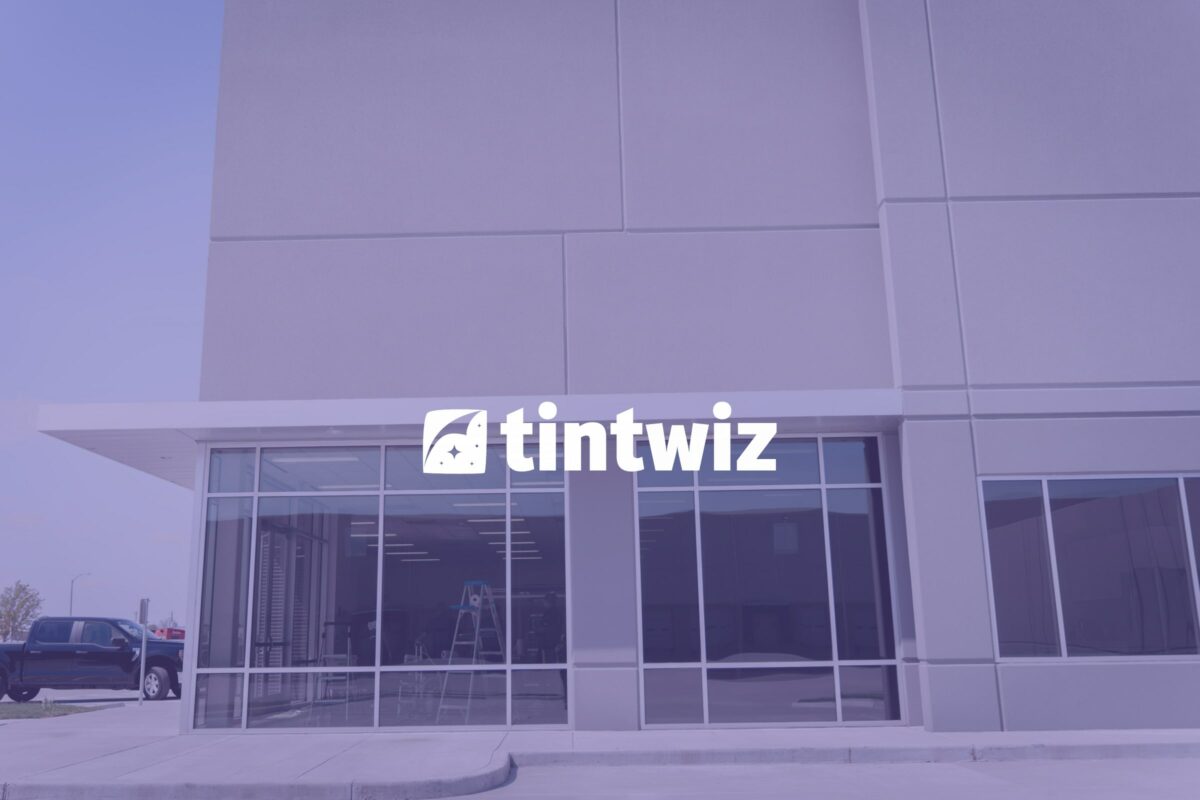
Comparing Flat Glass Window Tinting to Automotive Window Tinting
- Target Market: While automotive tinting primarily targets individual car and truck owners, flat glass window tinting caters to a more diverse clientele, including residential and commercial property owners. This larger target market presents greater opportunities for business growth.
- Sales Approach: The sales process for flat glass window tinting may differ from automotive tinting. While automotive tinting services are often marketed based on aesthetics and privacy, flat glass tinting focuses more on energy efficiency, UV protection, and other functional benefits.
- Project Scope: Flat glass window tinting projects can range from small residential jobs to large-scale commercial installations. This variety allows you to take on projects of different sizes and complexities, which can help keep your business interesting and dynamic.
Expanding your window tinting business to include flat glass window tinting services can open up a world of opportunities. Not only does it provide access to a broader target market, but it also offers the potential for year-round business and a chance to differentiate yourself from competitors. By considering the facts about flat glass window tinting and comparing it to automotive tinting, you can make an informed decision about whether this sector is right for your business.

Quick Takeaways: Key Points at a Glance
- Flat glass window tinting, also known as architectural window tinting, involves installing window films on flat glass surfaces in residential and commercial buildings.
- This sector offers significant growth potential and a broader clientele, including homeowners, businesses, and commercial property owners.
- Diversifying into flat glass window tinting can help differentiate your business from competitors who only offer automotive tinting services.
- Unlike automotive tinting, flat glass window tinting projects can be completed throughout the year, providing a more stable income stream.
- Flat glass window tinting caters to a more diverse target market and focuses on functional benefits like energy efficiency and UV protection, compared to automotive tinting’s emphasis on aesthetics and privacy.
- Expanding your business to include flat glass window tinting services can open up new opportunities, increase your market reach, and help set your business apart from the competition.
Flat Glass Window Tinting for Your Business: Addressing Common Concerns
- How can offering flat glass window tinting services benefit my existing window tinting business?
By diversifying into flat glass window tinting, you can tap into a larger target market, differentiate your business from competitors, and create a unique selling proposition to attract new customers from residential and commercial sectors.
- What additional skills or training do I need to start offering flat glass window tinting services?
Flat glass window tinting may require different techniques and tools compared to automotive tinting. Consider investing in professional training courses and workshops that specialize in flat glass window tinting to ensure you have the necessary skills.
- How can I market my flat glass window tinting services to potential clients?
Develop a targeted marketing strategy that focuses on the benefits of flat glass window tinting, such as energy efficiency, UV protection, and glare reduction. Collaborate with architects, contractors, and property managers to establish referral networks and reach out to potential clients.
- Are there any certifications or licenses needed for offering flat glass window tinting services?
While specific certifications may not be legally required, obtaining certifications from recognized industry organizations can help enhance your credibility and demonstrate your expertise in flat glass window tinting.
- How can I determine the best window film products for my flat glass window tinting business?
Research various window film manufacturers and their product offerings, focusing on quality, performance, and customer support. It’s essential to choose films that cater to the diverse needs of residential and commercial clients, such as solar control, safety and security, and decorative films.
- How should I price my flat glass window tinting services?
Pricing for flat glass window tinting services may depend on factors like labor costs, material costs, and the scale and complexity of the project. Research your local market to determine competitive pricing and consider offering package deals or discounts to incentivize clients.
- Can I offer flat glass window tinting services year-round?
Yes, flat glass window tinting projects can be completed throughout the year, providing a more stable income stream compared to the seasonality of automotive tinting.
- How can I manage both automotive and flat glass window tinting services in my business?
Effectively managing both types of services may involve organizing your schedule and resources to accommodate the different project scopes and timelines. Create a system for tracking project progress, invoicing, and customer follow-ups to ensure smooth operations.
- How do I handle potential warranty or maintenance issues with flat glass window tinting?
Establish clear warranty and maintenance policies for your flat glass window tinting services. Communicate these policies with your clients and provide them with proper care instructions to minimize potential issues.
- How can I measure the success of adding flat glass window tinting services to my business?
Monitor key performance indicators such as revenue growth, client satisfaction, and referral rates to evaluate the impact of flat glass window tinting services on your business. Regularly review your marketing strategies and service offerings to ensure you’re meeting the needs of your clients and staying competitive in the market.

